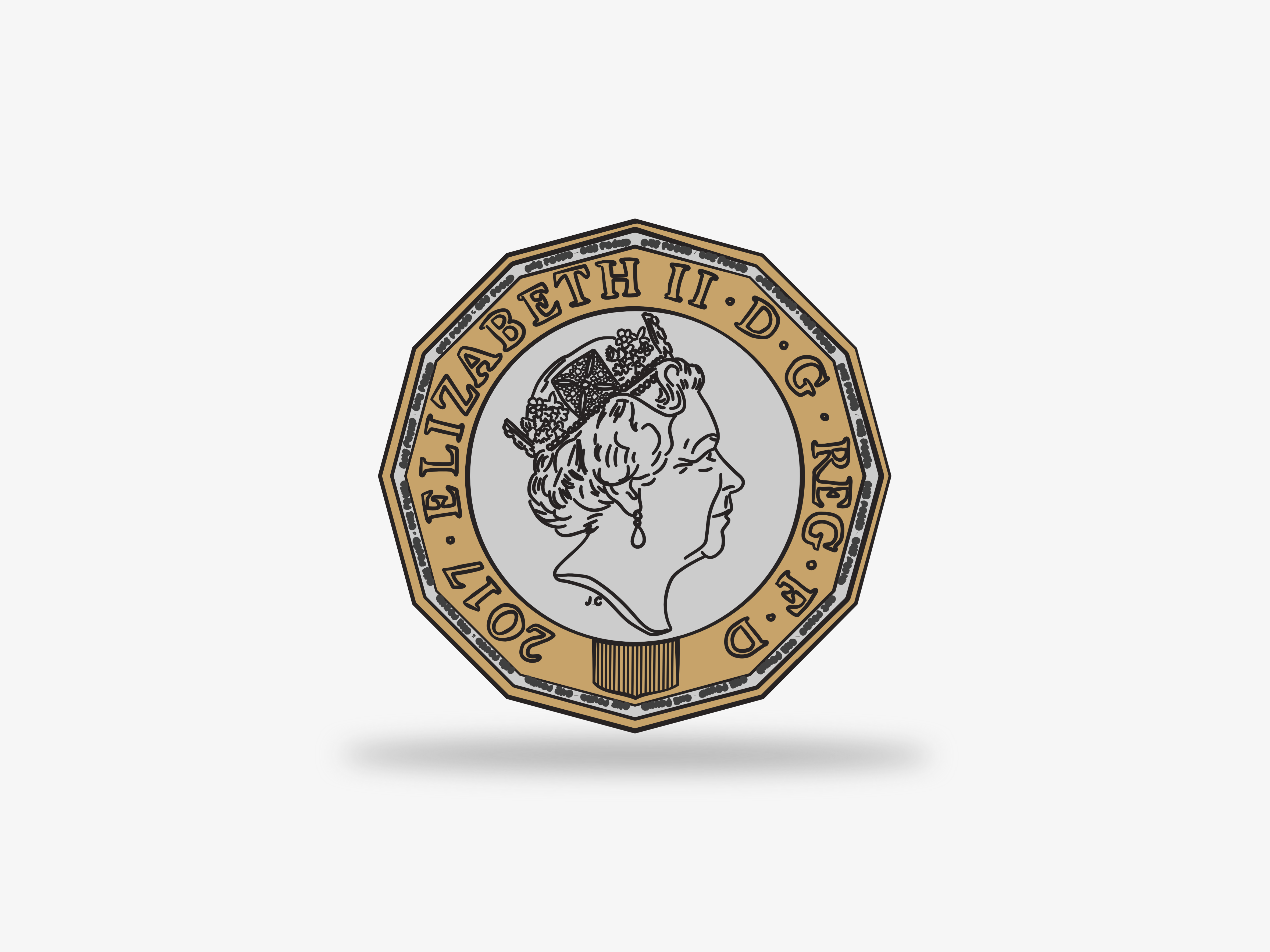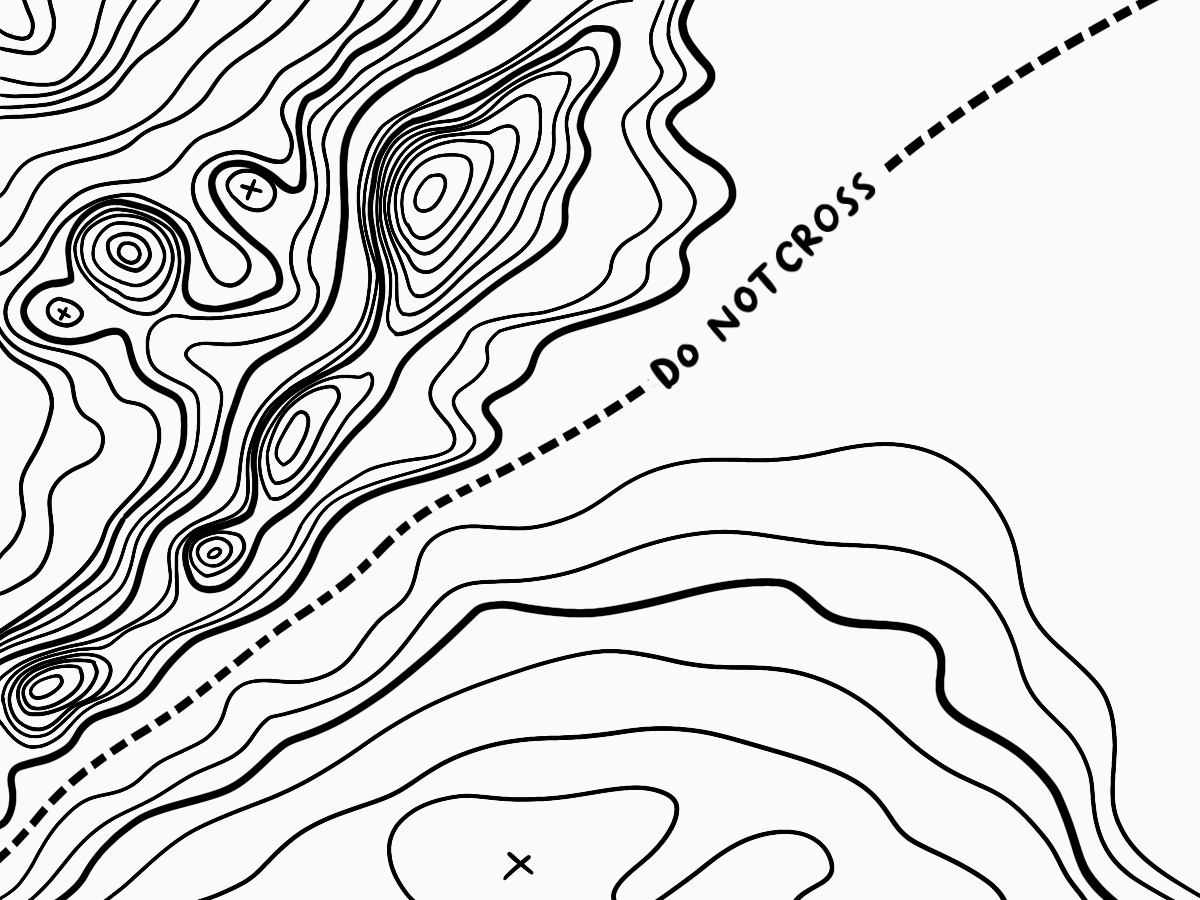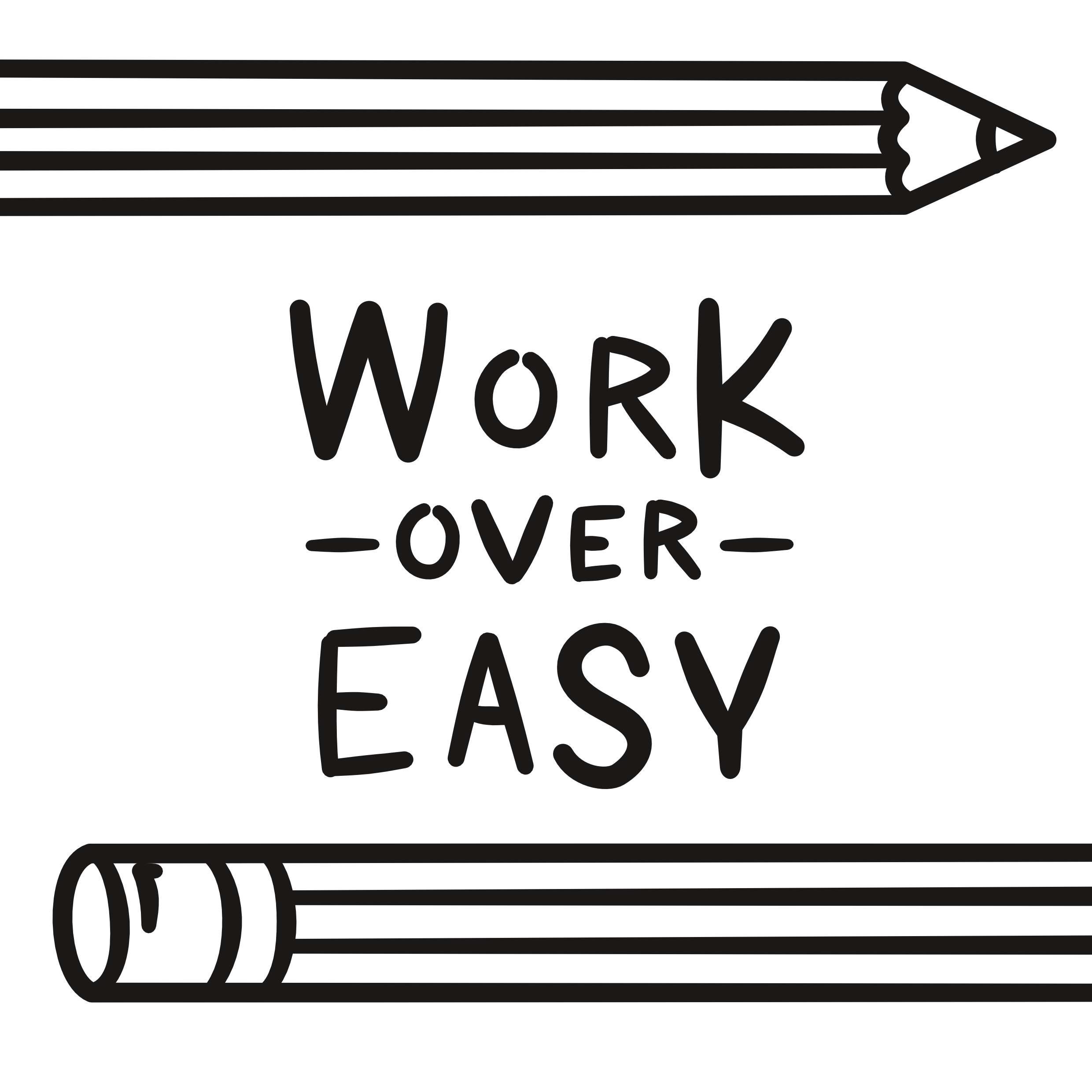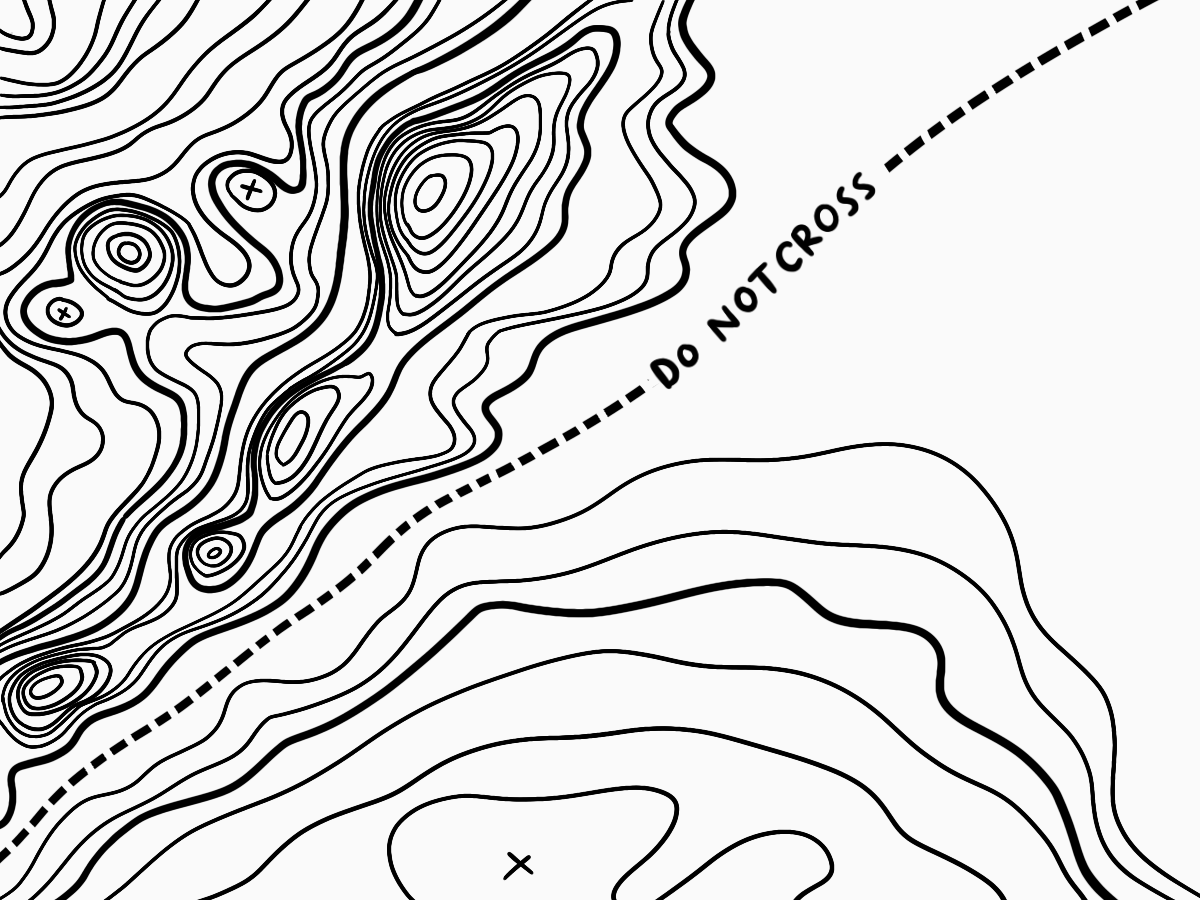“I have a personal policy against taking on spec work.”
That was my response this week when I was asked, after being approached to do some illustration, to produce work with no contract or promise of payment so the client could decide which artist they wanted to take on the job.
The personal policy line is one of the few things that stuck with me from 2016’s it self-help book The Life-Changing Magic of Not Giving a F**k. The idea is that a personal policy is not only a clear boundary you can set, it’s also a way of expressing that boundary that isn’t specific (and so isn’t personal) to the situation.
I’ve found myself having more and more of these difficult more confrontational conversations recently. Drawing those boundaries of what I will and won’t do for myself, as much as for anyone else has been so empowering. Having a list, a written down physical list, of what is and isn’t okay for me has started to relieve me of some of the guilt I feel when saying no to people. I know I’m late to jump on the boundaries bandwagon, but setting out my own work morals has been great.
For me having personal policies has meant I have fewer and fewer conversations with myself before replying to someone where the dialogue loops round in an endless cycle of “I don’t want to me a bad person for not helping them … but I want to value my time … but I do this for myself, I have another job, I don’t need the money … but this is bad for the industry … but I don’t want to be a bad person because I’m not helping…”
For the people I work with me having personal policies has meant I can be upfront and honest. It’s still been hard, but as someone who avoids conflict and hurt feelings at almost any cost, it’s been a low-risk way of me saying no and it’s one I’d wholeheartedly recommend in situations like this.

As well as advocating for personal policies, I also wanted to share why I’ve set this particular policy against spec work.
Spec work, short for speculative work, “is any kind of creative work, either partial or completed, submitted by designers to prospective clients before designers secure both their work and equitable fees” often in the form of competitions, pitches, or recruitment skills tests.
I don’t rely on illustration as my main, or even a significant, source of income. If I wanted to I could take on unpaid work. But I don’t.
If I’m taking on work for a client, I work like a professional and expect to be compensated as such. That sets both of our frames of reference. Like offering a personal policy, it makes clear where we stand, particularly when you start with a contract that sets everything out in black and white. Getting paid also allows me to reinvest in training, tools and my own creative projects. That means I can work on those creative projects for free without pressure and at scale. I couldn’t have made Imagining Future Space without the income from my freelance work to pay for things like domains and fonts. I’ll work on my own projects for free because I’m free to make what I want, because they challenge me to grow and promote my passions.

But almost more importantly than that now for me is that it sets boundaries for illustration as a profession. Every time we take on spec work, unpaid work, or work for exposure we promote the “practice of designers ridiculously undercharging themselves in the hope of “outbidding” potential rivals, in the process devaluing their skills and those of the design profession.” Because I’m in a position to say no to opportunities that don’t align with the work I want to be making or the way I want illustrators to be treated I feel I have an obligation to do so.
I know there are illustrators and designers who don’t have that luxury, who because they rely on their creative output to live and so have to bid for every piece of work, will spend time on competitions, may undercharge out of fear that if they lose this job they may never get another gig again.
Where I can, I want to set a standard that supports them. That informs clients about what good looks like and means we’re all respected for what we do.
So when I sent that message about my personal policy against spec work, I also sent an explanation about why I don’t take on speculative uncontracted work and other ways they might find out if the artist they’ve chosen will fit what they need.
I hope what I shared was helpful and respectful but clear. I said no, but I felt okay about it because I’d set my boundaries with myself and with them. It was professional but I don’t think it was cold.
In short, I now have a personal policy with myself to use personal policies to protect the things I care about.



This is interesting. To be honest, I never knew it’s labelled as ‘speculative work.’ All this time I just thought it’s equal to ‘unpaid work’ but now that I think about it, it’s more like participating in a competition, isn’t it? The lucky ones are the ones whose work will be chosen by said client. I really, really hate when potential clients do this too – and they do this A LOT. I’ve encountered a client who think that this is justified. They sort of said “well, feel lucky then if we end up choosing you” albeit not wording it out like that. I didn’t even bother to give them a second thought because gee, I’d rather work with a client who doesn’t toy around with me, you know? It’s not like our ideas and concepts are free anyway.
So I completely agree with your stance here. I always, always tell creatives to charge their work and never do it for free, regardless if they’re fresh graduates or just started. From what I see, fresh grads are still insecure with their submission so they thought they’re better off with unpaid work. I wish some designers don’t think like that because no matter what, creatives should get paid. I think undercharge is still better than not getting paid at all, because then at least you gain something in return. I’m not sure if this means I sound so materialistic but really, I feel like creatives are underappreciated and as a creative myself, I’m so tired of it.
Exactly, it’s just like a competition. It feels like there’s a big movement of people pushing to get paid fairly for their work, but that’s often being undercut by a sense that if you’re an “artist” (or someone doing something creative) the compromise for that should always be that you struggle financially, either because that’s just what people have been told, they have an idea that drawing is just fun and so isn’t work, or that hardship builds character. I’m glad more people, like you are speaking up and advising others well, because the more we collectively argue for what’s right the better chance we have of being heard.